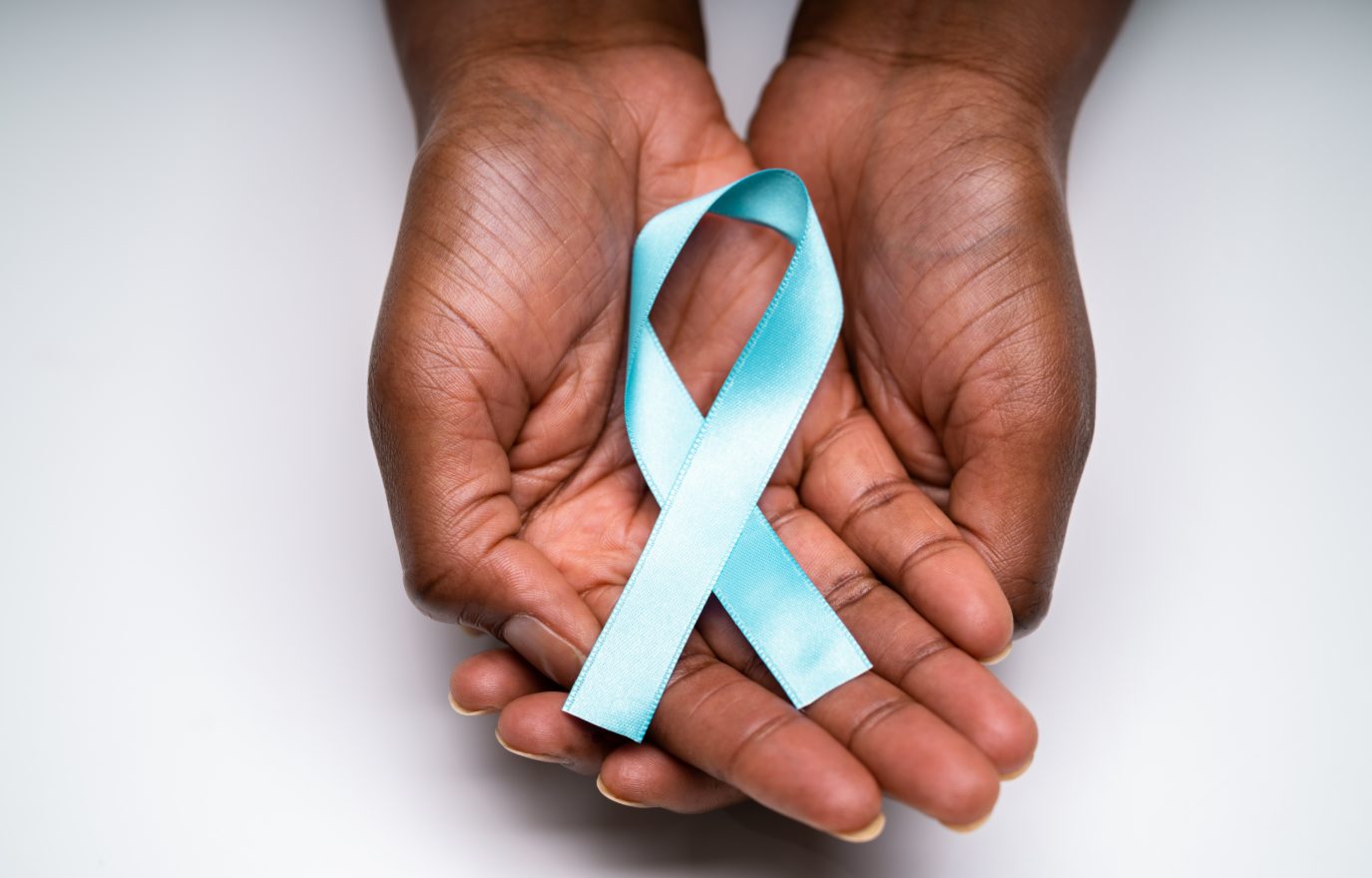Africa, Tuesday, 20 May 2025: This week, the Clinical HIV Research Unit (CHRU) in Johannesburg shuts its Cervical Cancer Screening and Prevention Clinic. It is one of the major units in the country, following the termination of its US funding. The closure will significantly impact cervical cancer prevention efforts in SA, which faces one of the highest rates of cervical cancer in the world.
Cervical cancer is the leading cause of cancer-related deaths
Cervical cancer is the second most common cancer among South African women, after breast cancer, and remains the leading cause of cancer-related deaths. According to the World Health Organization (WHO), South Africa sees approximately 6,000 new cases of cervical cancer each year, and almost 3,000 women die annually from the disease.
With timely screening and early detection being key to preventing cervical cancer, the closure of this screening unit at Helen Joseph Hospital leaves a major gap in services and will further strain the health service.
Why the impact of this funding cut is so devastating
Dr. Mark Faesen, Specialist Gynecologist and Fertility Specialist with CHRU, expressed deep concern over the devastating impact of this funding cut.
“For over two decades, our colposcopy clinic has been a lifeline for surrounding clinics, with a referral base from clinics as far as Springs, Randburg, Bellavista, Soweto, Roodepoort, and Hillbrow. We’ve been able to manage a waiting time of just 2-3 weeks, but now these same clinics will be faced with months of delays, and women will be turned away.”
Patients are being turned away due to the funding cut
A colposcopy is a procedure that examines the cervix for abnormalities. It’s performed after an abnormal Pap smear test. Dr. Faesen noted that local clinics, including Charlotte Maxeke, Rahima Moosa, and Baragwanath, are already overwhelmed with high patient volumes.
“Many patients are turned away at Charlotte Maxeke Hospital and come to us. Rahima Moosa currently has a waiting list of approximately one to two months for colposcopy appointments and we provide a service that alleviates the waiting list at Rahima Moosa.”

Dr Mark Faesen, Specialist Gynaecologist and Fertility Specialist
With the closure of the cervical cancer screening unit at Helen Joseph Hospital, the overburdened clinics will have to absorb additional patients, extending the waiting periods and further jeopardizing care for women at risk of cervical cancer.
Cervical Cancer Screening is Critical
The importance of screening cannot be overstated. Cervical cancer is largely preventable through regular screening methods, such as pap smears and HPV testing, which detect early changes in the cervix that could develop into cancer. Early-stage cervical cancer is treatable, with a much higher survival rate, but without access to screening services, many women may be diagnosed too late.
A solution for continued cervical cancer screening
Dr. Faesen is appealing for donors to keep the cervical cancer screening clinic running. “Alternative funding is urgently needed to ensure this vital early detection unit can continue.”
“We’ve seen more than 1,200 patients in the last three years, and now these patients will be added to the already overburdened systems at other hospitals, such as Rahima Moosa and Baragwanath. The closure of this service will result in deaths, and we can’t afford to let that happen,” said Dr. Faesen.
End note
The closure of this cervical cancer screening unit represents a significant loss to women’s health, highlighting the urgent need for continued funding and resources to address cervical cancer in South Africa.
About CHRU’s Cervical Cancer Screening and Prevention Clinic
The CHRU Cervical Cancer Screening and Prevention Clinic has provided critical services for nearly 20 years, offering early detection, diagnosis, and treatment of cervical cancer to underserved communities in Johannesburg. The clinic receives referrals from clinics across the region, servicing over 400 women annually.
The Clinical HIV Research Unit’s Women’s Cancer Prevention Research Program focuses on improving cervical cancer screening, awareness and treatment, specifically among women living with HIV in South Africa.
The highest prevalence of the human papillomavirus (HPV), which causes cervical cancer, is among women in sub-Saharan Africa. Despite being preventable, cervical cancer is the most common cause of cancer death among women in the region. In South Africa, cervical cancer is the second most common cancer among women after breast cancer.
The incidence rate of cervical cancer in South Africa is between 22.8-27 per 100 000 women compared to the global average of 15.8 per 100 000.
Women living with HIV are at a higher risk for:
- HPV,
- cervical pre-cancer and
- invasive cervical cancer.
With a focus on women living with HIV, CHRU conducts studies focusing on:
- HPV diagnostics,
- cervical cancer screening and
- cervical pre-cancer treatment.



![women [longevity live]](https://longevitylive.com/wp-content/uploads/2020/01/photo-of-women-walking-down-the-street-1116984-100x100.jpg)










